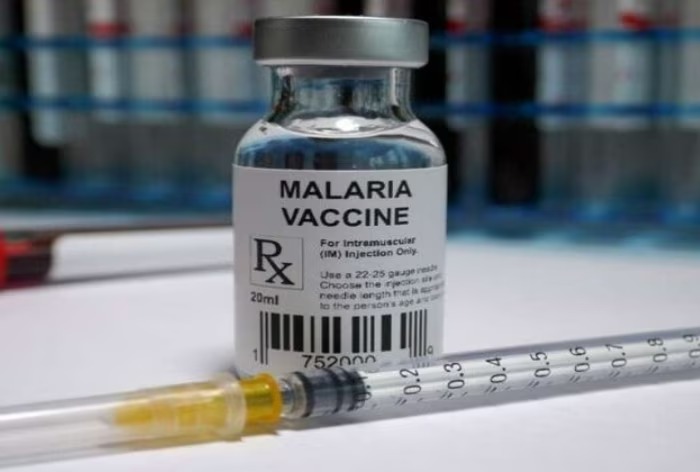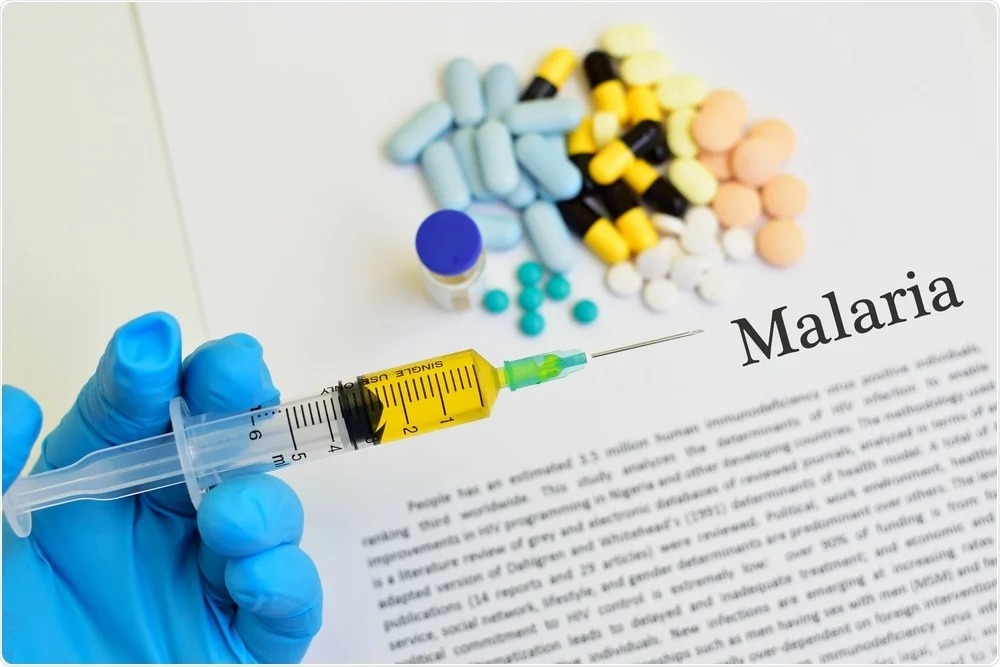The WHO has approved SII-Oxford’s second malaria vaccine. The World Health Organization (WHO) on Tuesday endorsed the adoption of a low-cost and highly effective malaria vaccine developed in conjunction with the University of Oxford in the United Kingdom by the Pune-based Serum Institute of India (SII).
The R21/Matrix-M malaria vaccine is the world’s second-ever WHO-recommended malaria vaccine for children. In 2021, the RTS, S/AS01 vaccine was approved by the WHO as the first vaccination against the mosquito-borne disease. After assessing the vaccine’s safety, quality, and effectiveness requirements last month, the WHO’s independent advisory bodies. The Strategic Advisory Group of Experts (SAGE) and the Malaria Policy Advisory Group (MPAG), endorsed its use.
“We now have two,” said WHO Director-General Dr Tedros Adhanom Ghebreyesus in a statement. “Demand for the RTS, S vaccine far surpasses supply, so the addition of a second vaccine is a vital extra weapon to protect children who are at risk faster, and to bring us closer to our goal of achieving a malaria-free future,” said the vaccine’s developer.

- Advertisement -
Malaria vaccine R21/Matrix-MTM has been approved for use in Ghana, Nigeria, and Burkina Faso
The R21 vaccine was demonstrated to reduce symptomatic malaria cases by 75% after a 3-dose series in locations. With highly seasonal malaria transmission (where transmission is mostly limited to 4 or 5 months per year).
A year following the third treatment, a fourth dose was administered to maintain efficacy. This great efficacy is comparable to that seen when RTS, S is given seasonally. The vaccine also showed significant efficacy (66%) in the 12 months following the first three doses. A fourth dose administered a year after the third dose maintained efficacy.

According to mathematical modeling projections, the R21 vaccine’s public health impact will be significant in a wide range of malaria transmission circumstances. It includes low transmission situations. At $2-$4 per dosage, the R21 vaccine’s cost-effectiveness would be comparable to other recommended therapies and other pediatric immunizations.
“The R21/Matrix-M malaria vaccine is easily deployable, cost-effective, and affordable, and it is ready for transmission in areas where it is most needed, with the potential to save tens of thousands of lives each year,” said Oxford’s Jenner Institute Director Professor Sir Adrian Hill. SII has already developed a production capacity of 100 million doses per year, which will be doubled in the following two years.


